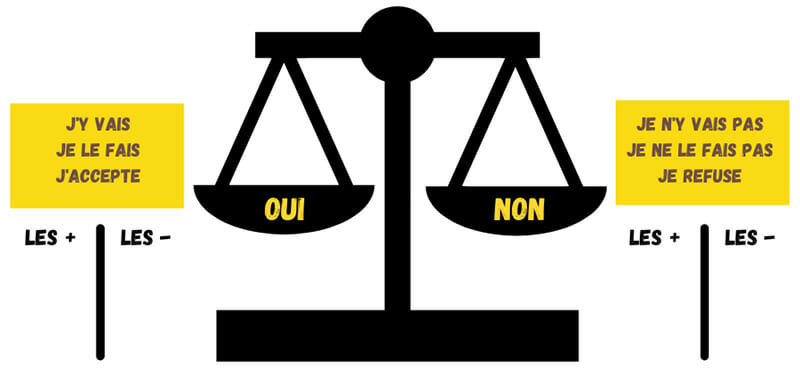
Only one in three cancer patients are informed of the impact of the disease on their sexuality. This is the finding of a study carried out by the Think institute for the Arc Foundation for cancer research, the results of which were published on Wednesday, June 23, 2021.
Only 35% of patients have access to information on the impact of cancer on sexuality
According to a study called “Information on questions of sexuality with cancer” carried out by the Think institute, two thirds of cancer patients are not informed of the consequences of the disease on their sexuality. To arrive at this observation, specialists interviewed, on the basis of an online form, 521 people aged 40 and over, sick or having been sick. According to the results published this Wednesday, June 23, only 35% of patients have access to this information, including 27% who receive it via the nursing staff. For others, the information often comes from the Internet or through the experience of other patients. This is relatively little when we consider that some 40% of patients said they had ever wondered about their sexuality at some point in their care path.
According to Pierre Bondil, urologist, oncologist and sexologist: “ It is above all a problem of priority […] When faced with cancer, we first think of the treatment and cure, then once the treatment has started, we worry about the quality of life. “. Gold “ the diagnosis of cancer in itself generates stress and anxiety while treatments can directly impact the sexual sphere »As explained Marion Aupomerol, gynecologist at the Gustave Roussy Institute, during an online press conference.
Access to information that varies according to gender, age or type of cancer
Other findings revealed by the study: access to information may vary depending on the gender, age and type of cancer of individuals. Indeed, 47% of men are informed of the consequences of the disease on their sexuality against only 24% of women. In terms of age, 46% of 40-49 year olds received information on the subject compared to 36% of 50-59 year olds, 26% of 60-69 year olds and 37% for those 70 and over. Finally, access to information is unequal depending on the type of cancer since 68% of patients with cancer of the pelvis, bladder, rectum or prostate say they are informed against only 19 to 28% of other types of cancer, such as breast cancer.
Faced with this observation, the Arc Foundation recommends a ” general public awareness », Through social networks and the media, and advocates the presence of information brochures in healthcare facilities, but above all through healthcare professionals.















